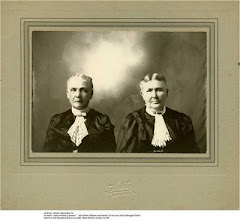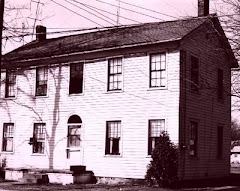
JACOB JENNINGS BROWN was born in Bucks County, Pennsylvania, on 9 May 1775; was raised by Quaker parents on the family farm; was reported by one anonymous biographer to have "pursued learning with zeal and perseverance and acquired it with facility"; supervised a school at Crosswicks, New Jersey, 1793-1796; engaged in surveying on the Ohio frontier, 1796-1798; taught briefly in New York City; was briefly military secretary to Major General Alexander Hamilton; purchased wilderness shorelands on Lake Ontario in northern New York, 1799; founded the village of Brownville and became a successful farmer; married Pamelia Williams, 1802; was elected to the state legislature and served also as a county judge; was appointed colonel of militia, 1809, brigadier general, 1811, and major general, 1812; was appointed major general of New York Volunteers and assigned to command the Oswego-Lake St. Francis sector; participated in an action at Ogdensburg, New York, 1812, and repulsed the British at Sackett's Harbor, 1813; was appointed brigadier general in the Regular Army, July 1813; participated in the abortive Wilkinson expedition against Montreal but emerged with his reputation unimpaired; was appointed major general and assigned to command of the Niagara frontier, January 1814; defeated the British in the battles of Chippewa and Lundy's Lane, suffering severe wounds in the latter action, July 1814; received the thanks of Congress for his battlefield achievements and was presented by that body with a gold medal, November 1814; was the senior officer of the United States Army, 15 June 1815-24 February 1828; by act of Congress, assumed the formal title of commanding general of the Army, June 1821; recommended pay incentives to encourage reenlistments, pay increases for noncommissioned officers, and periodic centralized unit training to avert deterioration in widely scattered and fragmented elements; died while in office at Washington, D.C., on 24 February 1828.




























No comments:
Post a Comment